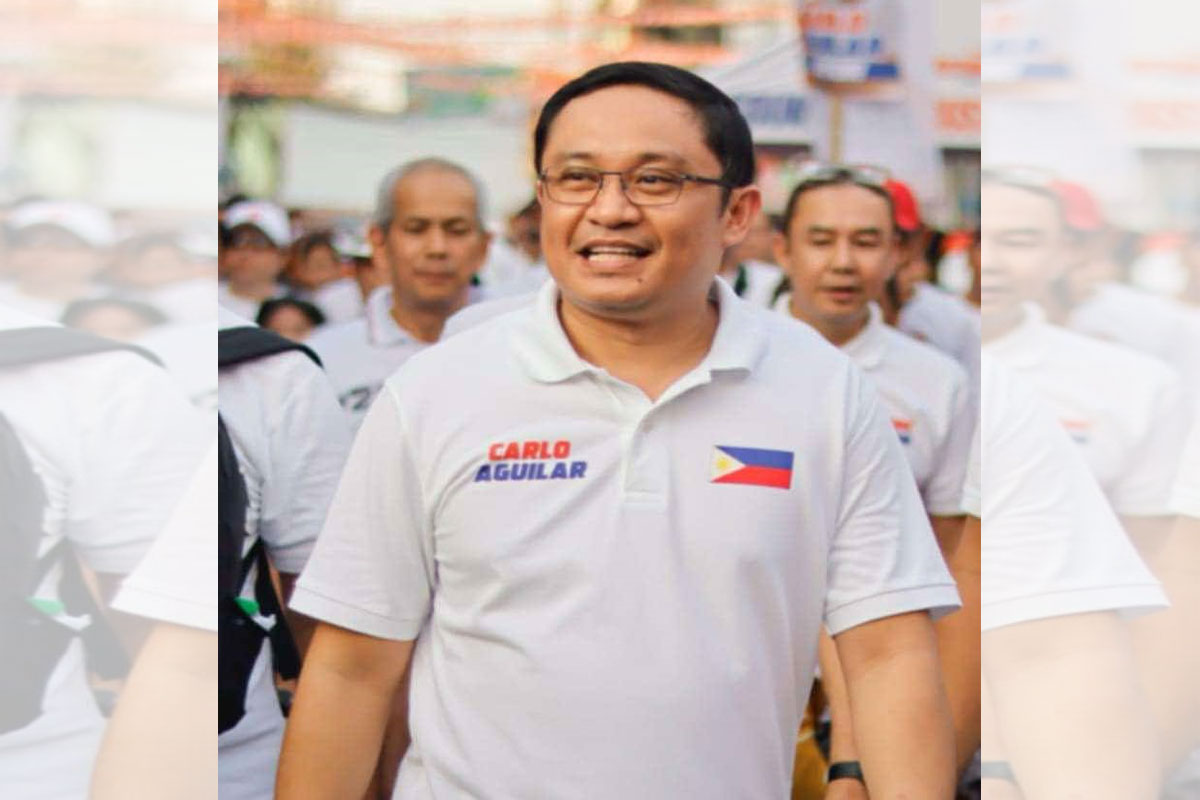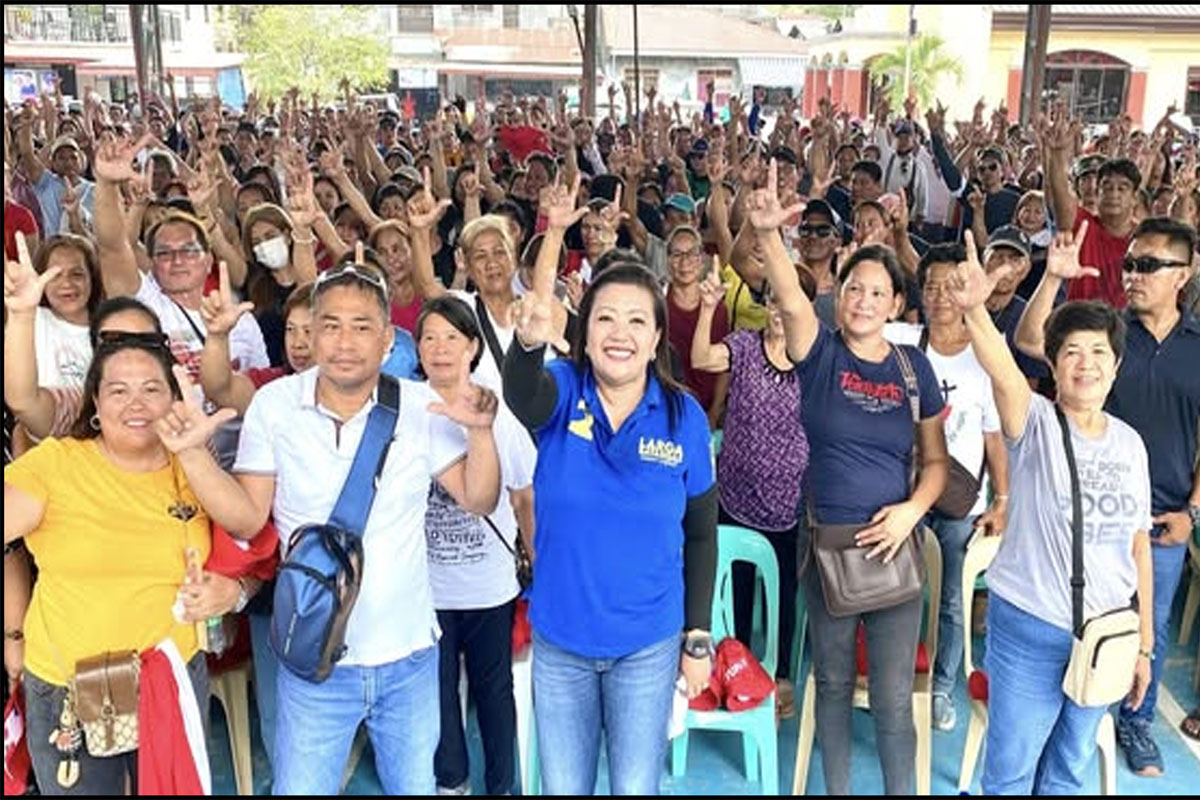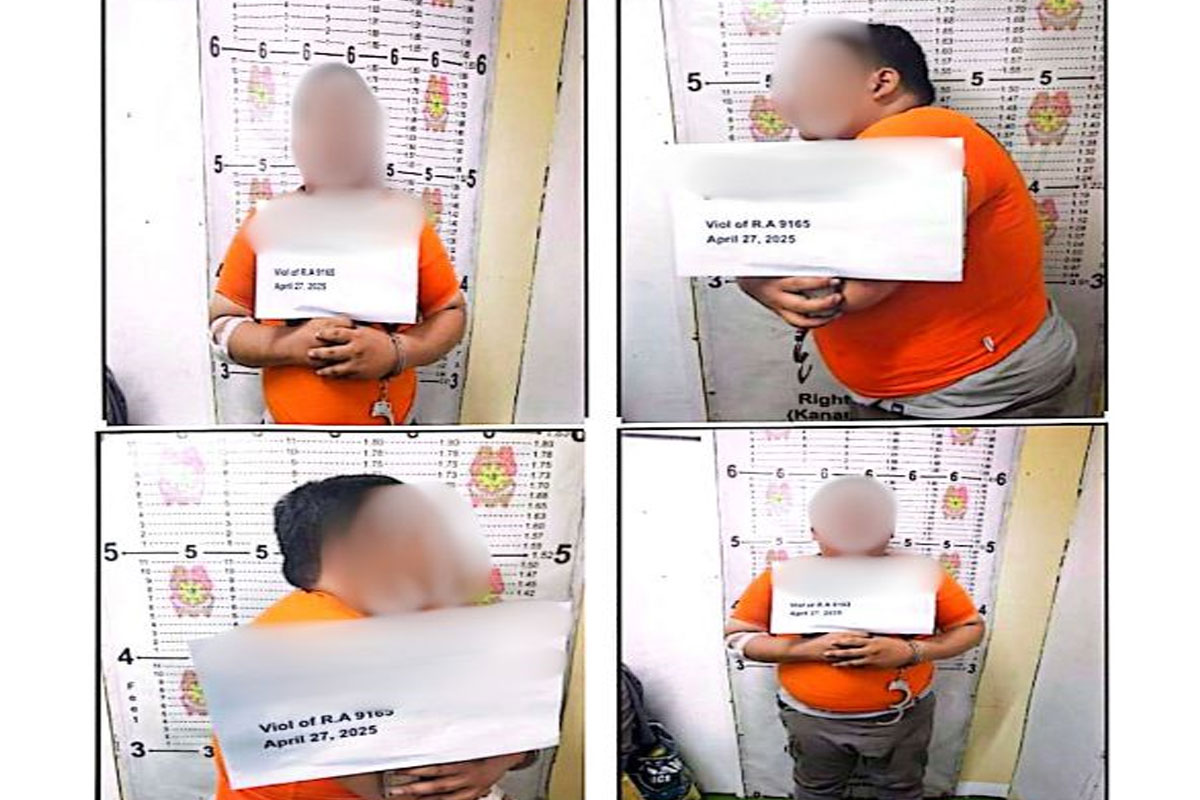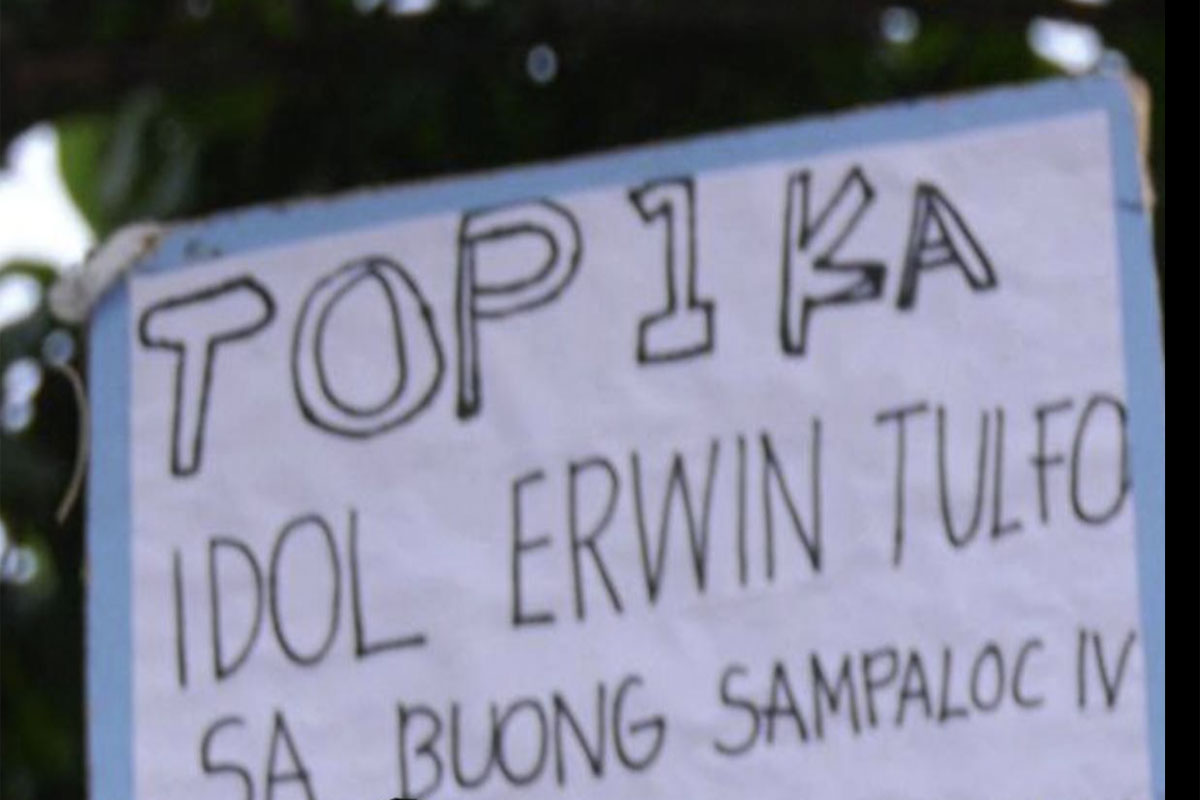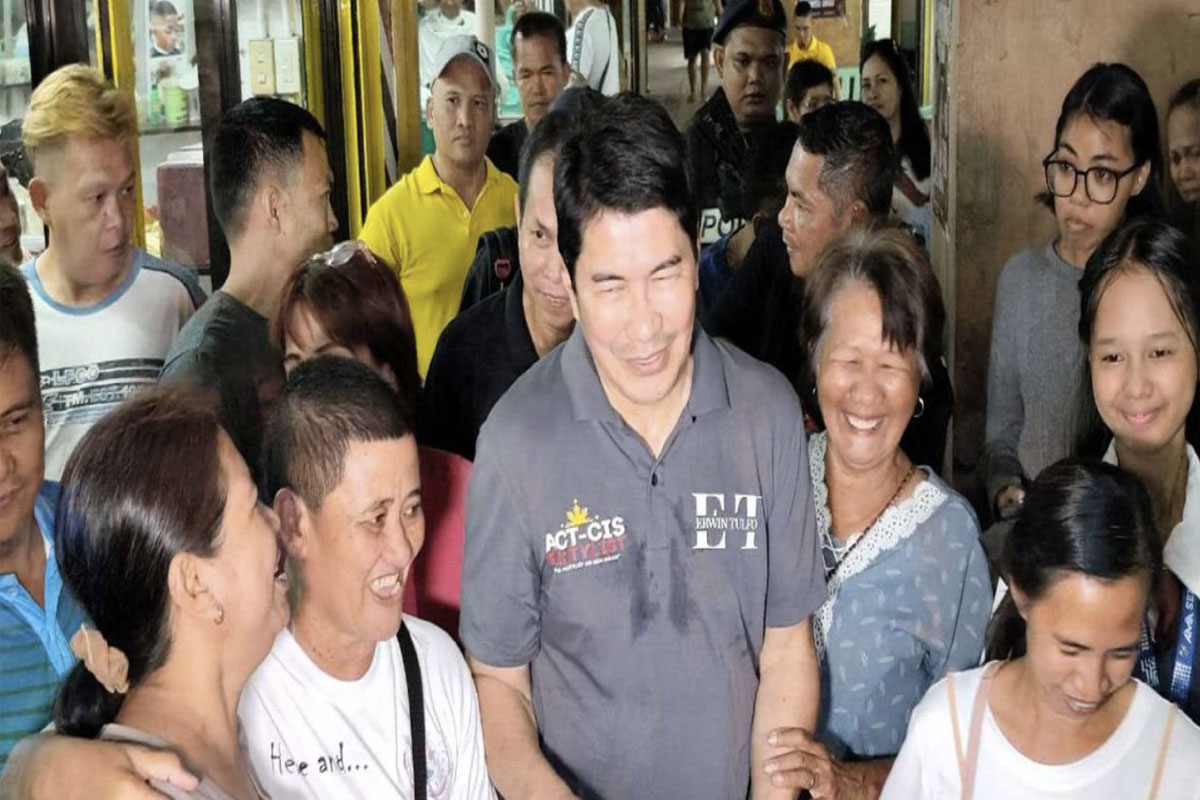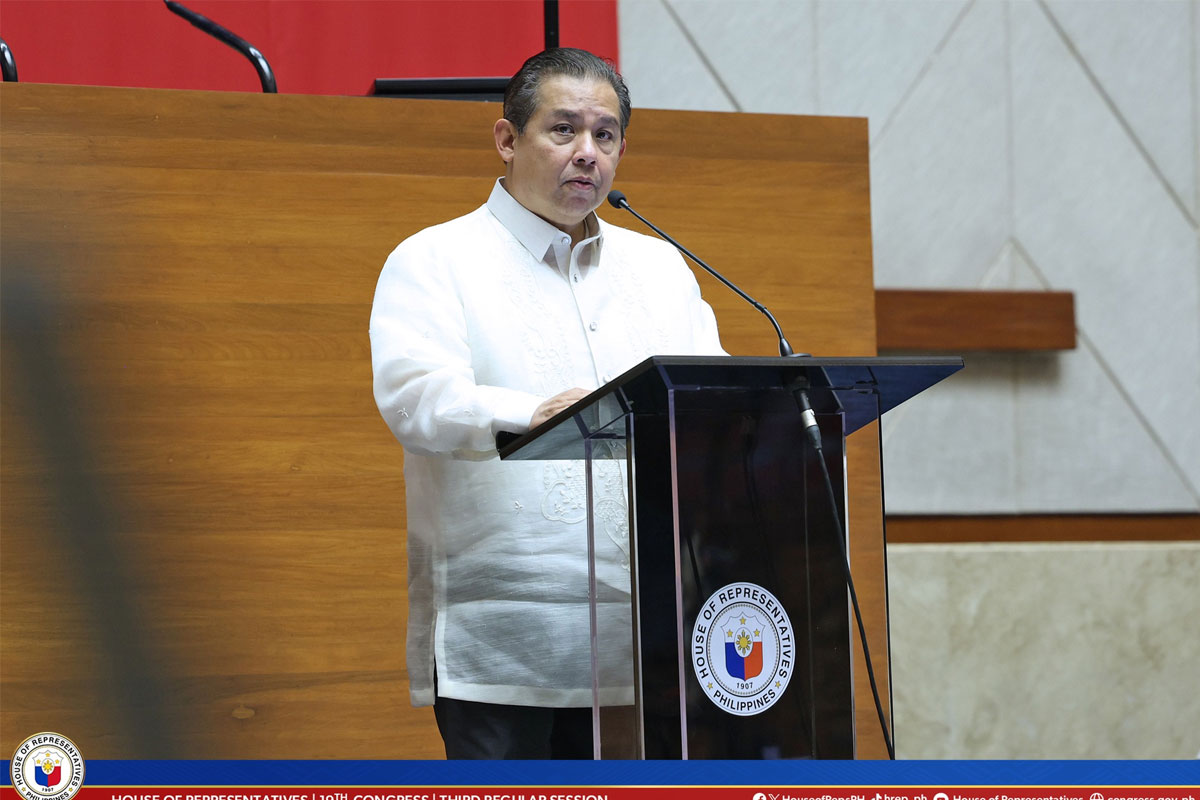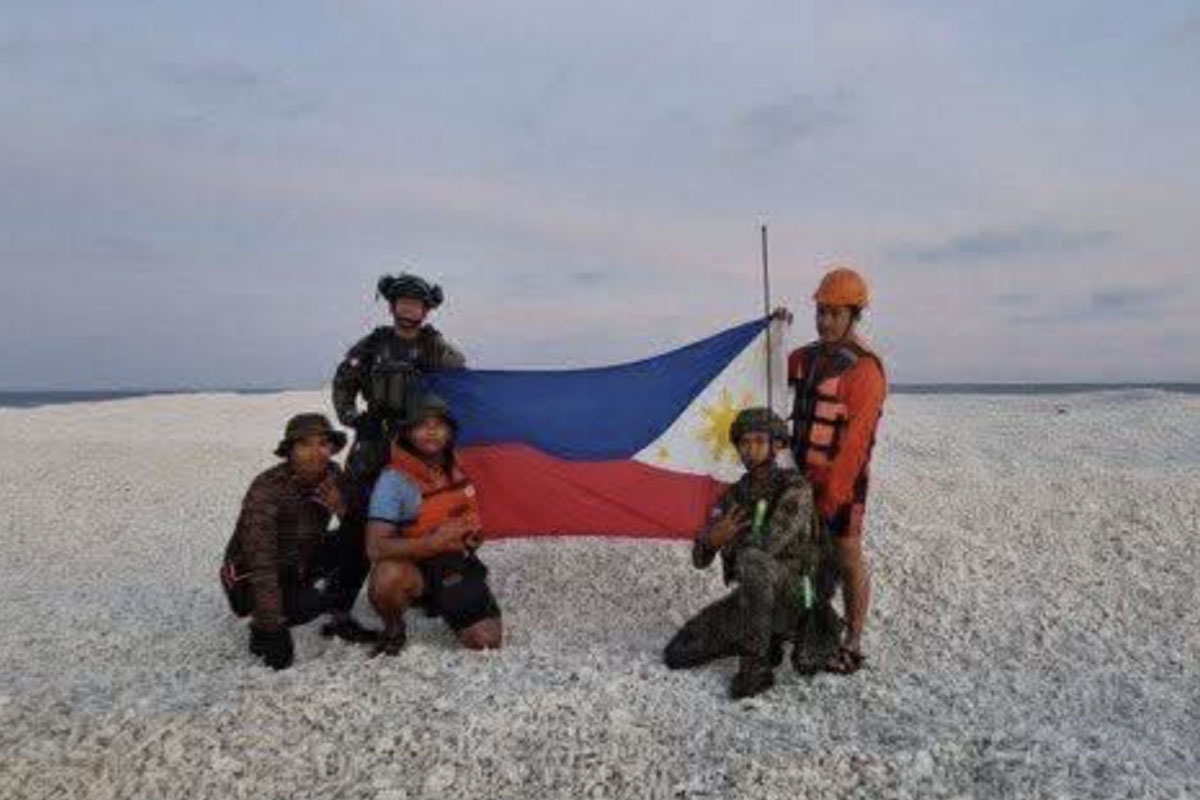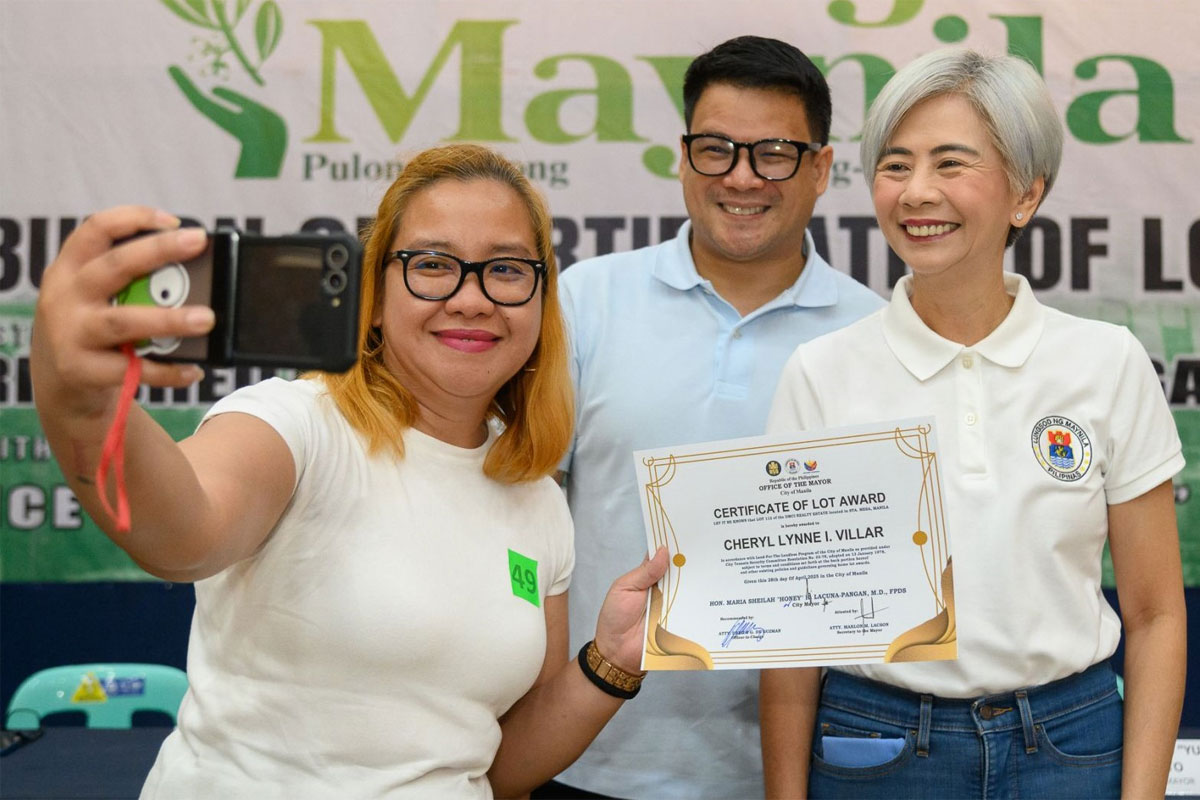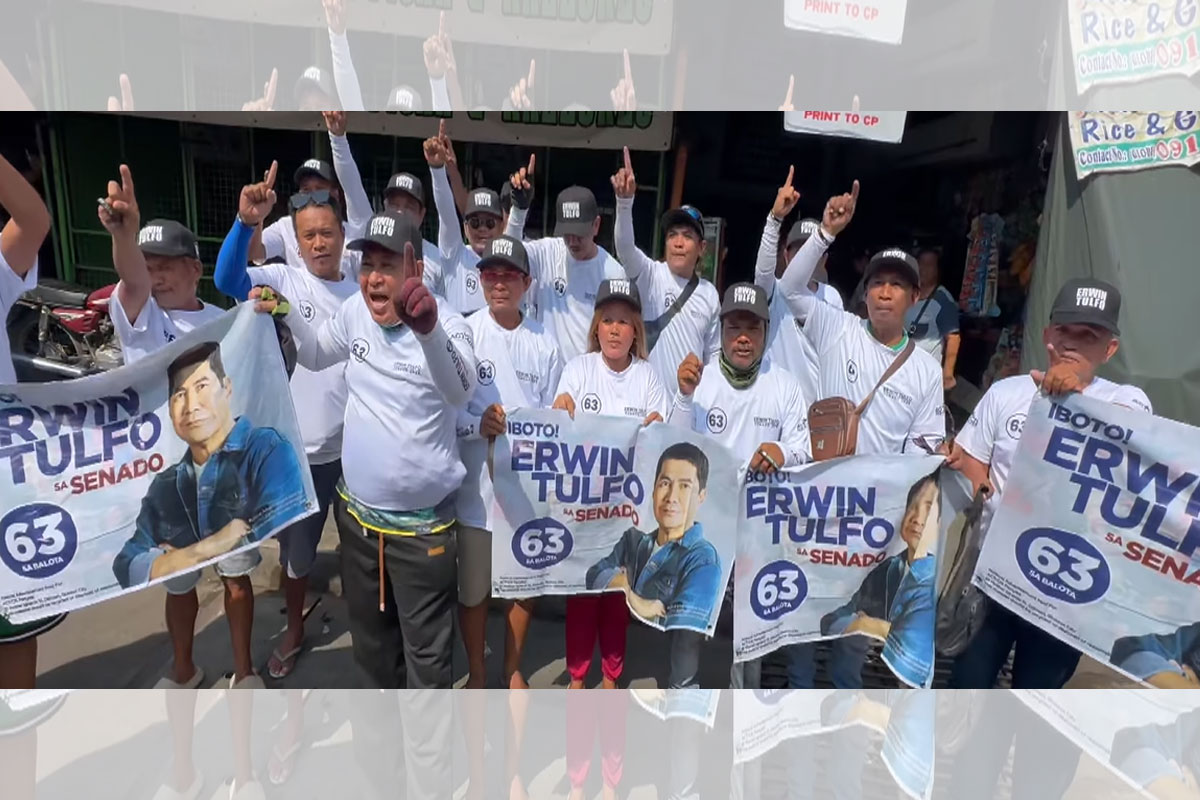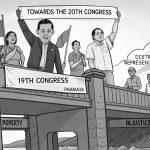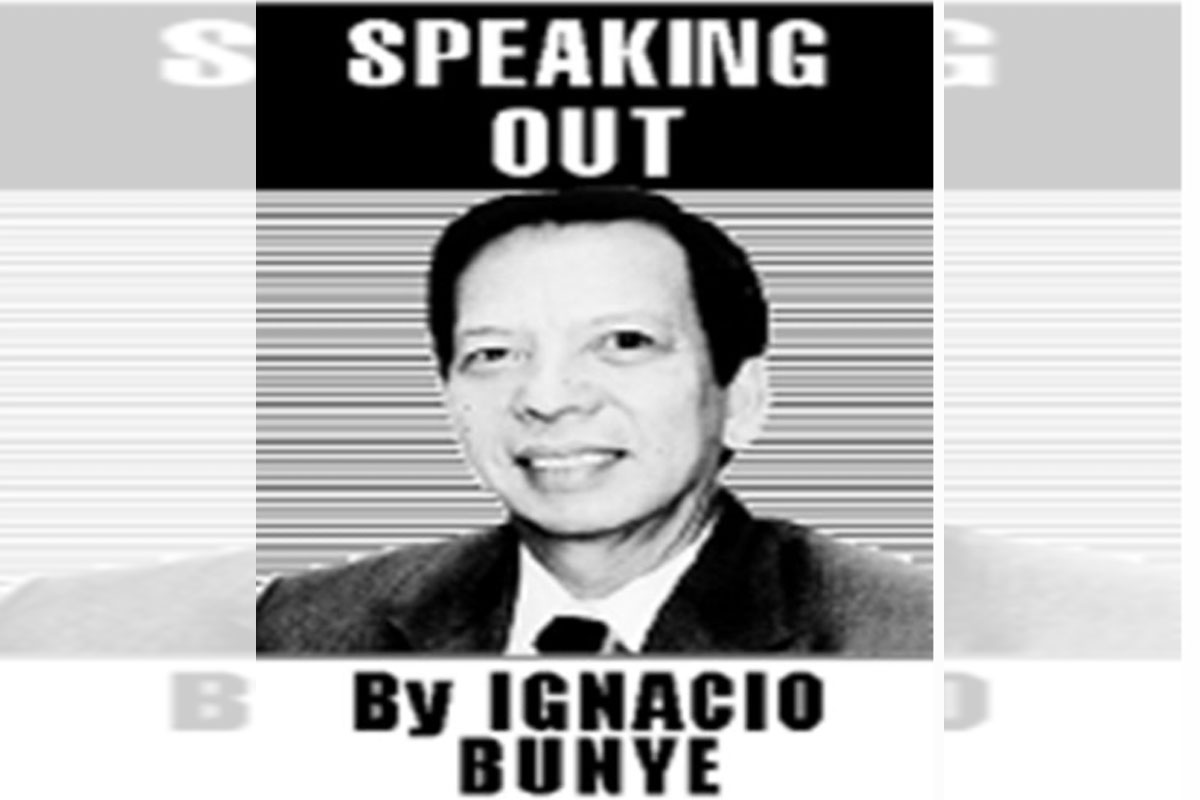
Nearly 30k drug-infested bgys now drug-free–PNP, PDEA
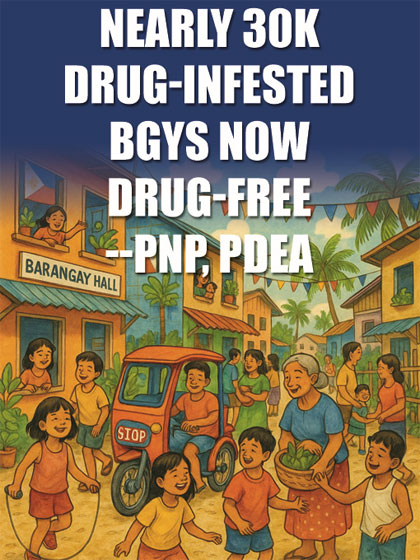 A TOTAL of 29,390 barangays have been declared ‘drug-cleared’ by the Philippine National Police (PNP) and the Philippine Drug Enforcement Agency (PDEA) since the start of the Marcos administration in June 2022 , the Journal Group learned.
A TOTAL of 29,390 barangays have been declared ‘drug-cleared’ by the Philippine National Police (PNP) and the Philippine Drug Enforcement Agency (PDEA) since the start of the Marcos administration in June 2022 , the Journal Group learned.
The declaration of the 29,390 ‘drug-cleared barangays’ out of the total 42,002 barangays came in the wake of the decision of the PNP headed by General Rommel Francisco D. Marbil and the PDEA under Director General Isagani R. Nerez to push for the establishment of more drug treatment and rehabilitation facilities nationwide.
Nerez said that complementing the government’s supply reduction strategy is the demand reduction efforts being carried out by different government agencies focusing on preventive education, treatment, rehabilitation, and reintegration.
Among the Agency’s drug prevention campaign activities are the following: Drug Abuse Education; Prevention Initiatives including Drug-Free Workplace program; Assistance to Treatment, Rehabilitation and other Intervention; and Implementation of the Barangay Drug Clearing Program (BDCP).
Usec. Nerez said that so far, they have also monitored individuals who have undergone intervention programs based on their modality and severity of drug use.
Under the BDCP program, a total of 82,327 Persons Who Use Drugs (PWUDs )have gone through general interventions, while 332,415 PWUDs have undergone community-based drug rehabilitation programs.
A total of 3,295 PWUDs have undergone the recovery process through the drug treatment and rehabilitation centers in the country.
On the other hand, the “Balay Silangan”–the national drug reformation program that offers temporary refuge to drug pushers who voluntarily surrendered to authorities and plea bargainers and transform them into self-sufficient and law-abiding members of society– successfully reformed 9,369 drug offenders since its launching in 2018.
General interventions in the form of health awareness activities such as counseling, moral recovery, values formation, life skills, among others, are provided under the Balay Silangan program.
Livelihood and skills training are also available to give employment opportunities to drug reformers.
Apart from strategies involving illegal drugs supply reduction and prevention, the government is putting more weight on the rehabilitation and promotion of a stigma-free campaign for drug offenders, in a bid to address the drug problem.
In line with the vision of President Ferdinand R Marcos Jr.’s “Bagong Pilipinas,” PDEA promotes the ‘whole-of-nation’ approach to rid the country of illegal drugs through prevention, treatment, rehabilitation, and law enforcement, Nerez added.
Just like him, Gen. Marbil is saying that more facilities that will provide sustained medical and reformatory rehabilitation for substance-addicted individuals have been seen as a major factor that will eventually help drug users re-integrate into the society and become productive citizens anew.
The Dangerous Drugs Board (DDB) said that eligible to enter the program are drug personalities who voluntarily surrendered and do not belong to the PNP and PDEA’s target list, wanted list and watch list or has any other pending criminal cases; drug personalities who availed of the plea bargaining agreement under Section 15 (Use of Dangerous Drugs) of Republic Act 9165 or the Comprehensive Dangerous Drugs Act of 2002; and drug personalities who served jail terms for violation of RA 9165.
Gen. Marbil said their recalibrated anti-drugs strategy gives priority in targeting the ‘sources and supply chains’ of shabu and other prohibited substances rather than focusing on street-level pushers and users.
This approach is designed to be a more effective and less bloody campaign by putting a premium on human rights and addressing the drug problem at its very core, added.
“With this approach, we are not only saving lives but also working toward a better future for our nation. We are committed to addressing the drug issue with compassion, strategy and adherence to the rule of law,” he said.
Thanks to the efforts of PDEA Regional Offices and strong support from the local government units, other government agencies including the PNP and generous stakeholders, 63 of these reformatory facilities were built in 2024 alone.
Apart from strategies involving illegal drugs supply reduction and prevention, the government is putting more weight on the rehabilitation and promotion of a stigma-free campaign for drug offenders in a bid to address the drug problem, the PDEA said.
To break free from the cycle, the PDEA and other stakeholders of the national anti-drug campaign are giving as many opportunities as possible for drug offenders to rebuild their lives as long as they show the commitment and motivation to change, said Director General Nerez.


